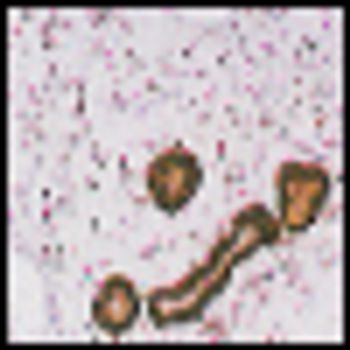Eneman and Philips' review,"Cancer Management in PatientsWith End-Stage RenalDisease," comes at a time when thisissue is of critical importance to oncologists.As the authors indicate, theconfluence of two factors-chronicrenal replacement therapy (CRRT)lengthening lives and an aging populationin general-have made thestudy of organ dysfunction a pressingissue.[1] The authors provide comprehensivestatistics on CRRT. Agestatistics also support the necessityfor further study of this special population.For all types of cancer, themedian age at diagnosis is 68 years,and 70% of all cancer deaths occur inpeople aged 65 years or older. By2050, experts expect that more than40% of cases will occur in this agegroup.[2,3] Many of these people willhave end-stage organ dysfunction andlimited access to care because of theircomorbidities.


